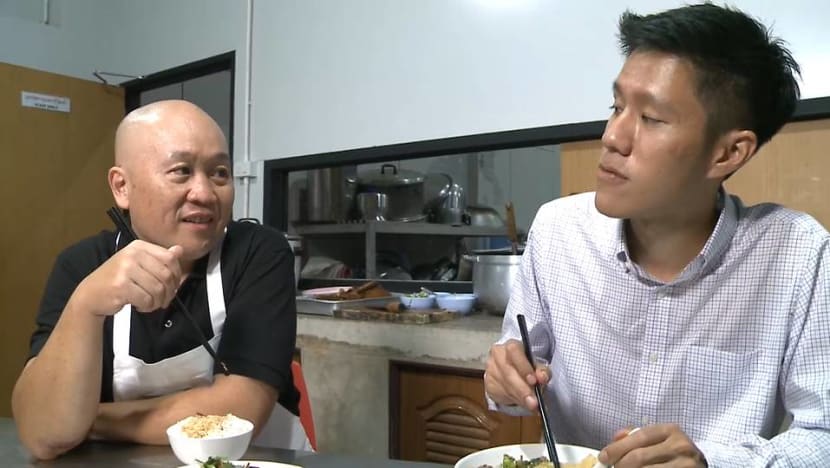The Singaporean grad who ditched his corporate dreams because of a glue-sniffer in Thailand
The plight of a 15-year-old Thai boy moved economics graduate Daryl Tay to volunteer in an impoverished village, as Prive Group executive chef Robin Ho finds out in On The Red Dot.
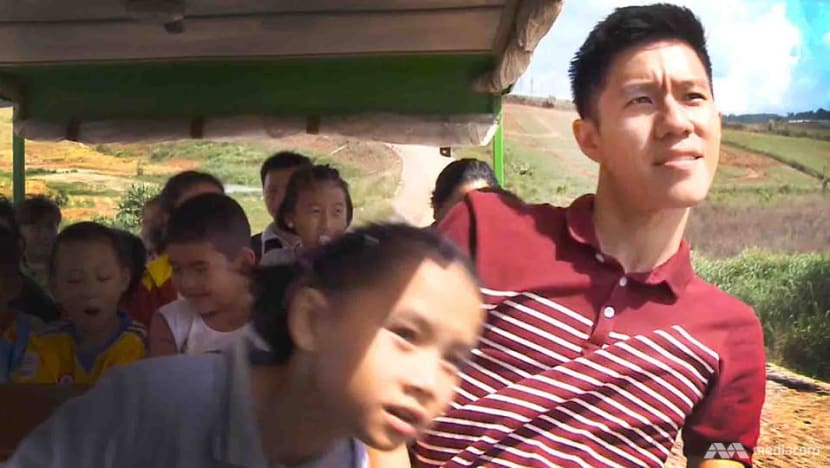
Mr Daryl Tay is helping to provide education and a safer environment for children in Thailand.
KHEK NOI, THAILAND: While volunteering in a village in northern Thailand, undergraduate Daryl Tay came across a boy who was high on glue and roaming the streets. Asked why he chose to sniff glue, the 15-year-old gave an answer that disturbed the Singaporean.
“He told us, ‘If you had just 20 baht (S$0.82), would you use it to buy a bowl of noodles – it should keep you full for a few hours – or would you spend it on a bag of glue that would keep you full for days?’” recalled Mr Tay.
“His reply shocked us to the core.”
That experience opened his eyes to the complexity of poverty at the transit points of the drug trade between the Golden Triangle and Bangkok. In the village of Khek Noi, substance abuse is rampant among juveniles.
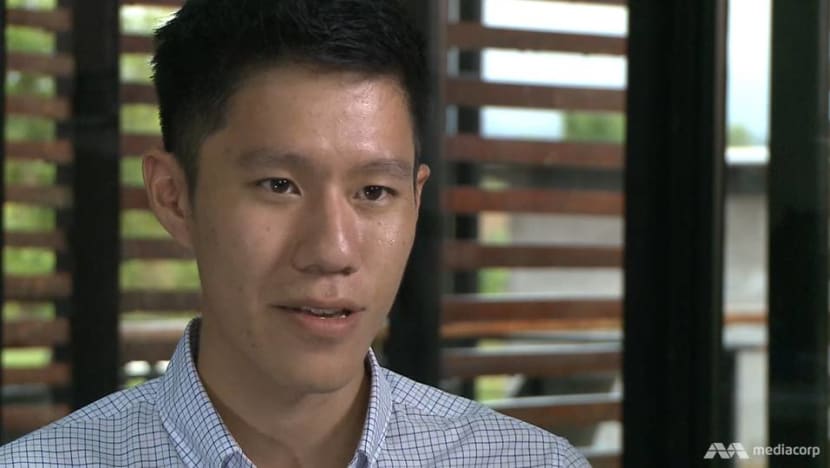
“Some of us asked: Should we blame the poor for being in that condition?” said Mr Tay.
“I believe, after hearing this boy’s reply, that we can’t blame them for the situation they’re in now. They were born into an unequal world.”
From that encounter, he decided to dedicate his life to “making the world a more equal place for people like the boy”.
After getting his economics degree from the Singapore Management University, Mr Tay joined Radion International, the relief and development agency he had volunteered with earlier, as a full-time staff member – one of its 14 staff now.
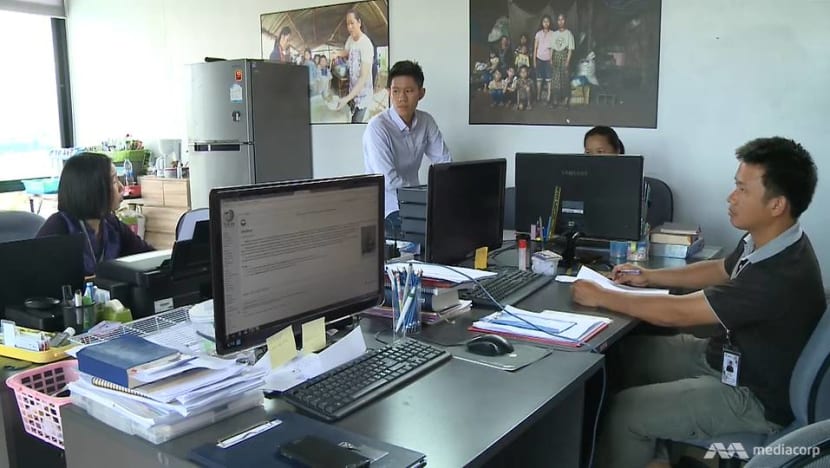
Founded in Singapore, the Christian organisation’s activities in the 17,000-strong village of Khek Noi, where it has had a field office for 11 years, include a recovery shelter for at-risk children and programmes combating drug abuse and domestic violence.
The 29-year-old’s mission in Thailand is featured in On The Red Dot's four-part National Day special, as celebrity chef Robin Ho tracks down Singaporeans working for social good in remote locations and harsh conditions. (Watch the episode here.)
JUST A PHASE?
Like many young Singaporeans, Mr Tay, who grew up in a middle-income family, had “ambitions to make it big”. His life had been mapped out: Work in corporate finance, climb the career ladder, get married, settle down and retire early.
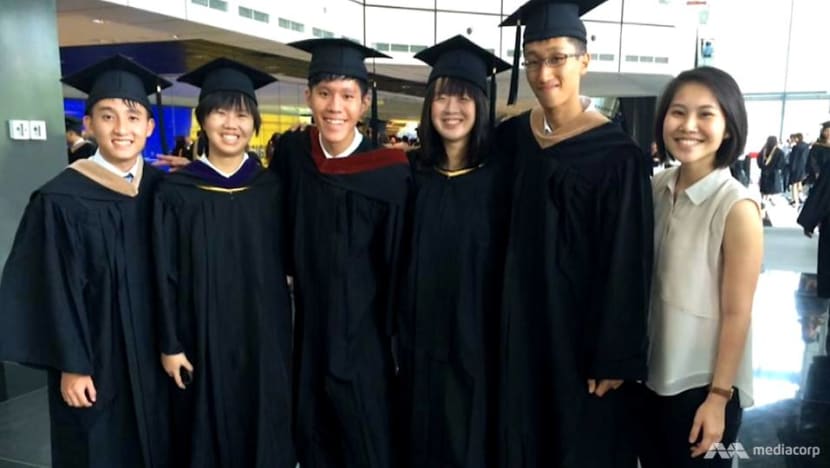
“But I think that’s taken second place to what I feel is my calling,” he said.
His decision did not please his parents, who dismissed it as “just a phase” because “Daryl’s going to maybe spend a gap year in Thailand and he’ll be back – he’ll come to his senses”, he recalled.
One year turned into four, and his father was the most upset initially, as he had wanted his son to flourish in the corporate world.
Said Mr Tay: “In fact, things got a little bit tense in the family when I told him that I had made up my mind to go through this track that was unconventional.”
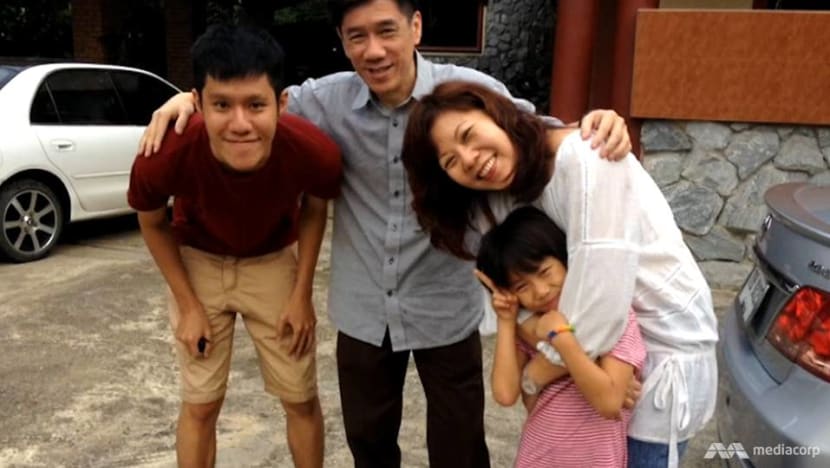
So unconventional that he gets only a basic allowance for his living expenses, but no salary, from a church in Singapore.
“I had this hope in my heart that one day they’d come up to see what we’re doing here – the good work that we’re doing for these children,” he said. To his surprise, they did, after two years.
“The greatest takeaway from that trip was when my mother started to build a relationship with this young girl. And after that she asked me, ‘How can I help this young girl further?’”
His parents are now the sponsors of two Thai children, and he is “very grateful” to them for having “moved from (being) unsupportive to giving so much towards this work”.
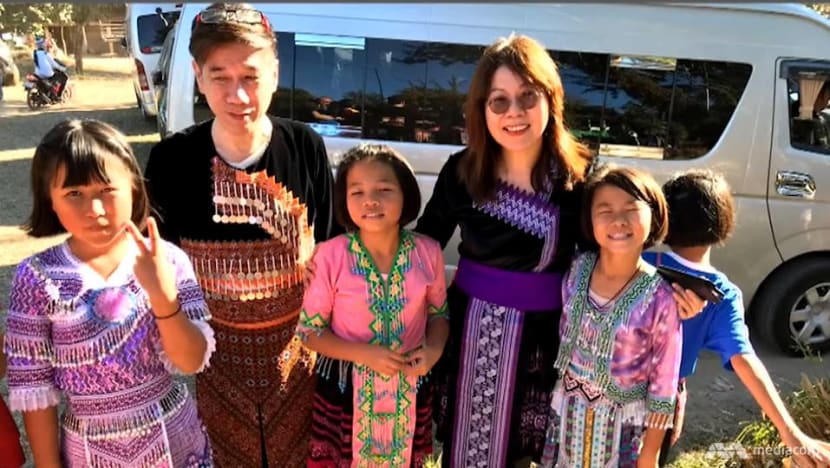
LIKE A MORGUE?
Mr Tay is now in charge of grants, collaborations and the recovery programme for children aged six to 12, which provides them with meals, opportunities in education and a safe environment conducive to rehabilitation.
Today, the entire recovery programme has 40 children aged six to 17.
WATCH: Saving children from poverty and drug abuse (Dur 3:25)
On an almost daily basis, he wakes up at 5am to help rouse the children in the shelter, getting them ready for breakfast, and sends them to school.
His living quarters is a tiny but snug room shared with several children. They each have a capsule bed – Radion's idea for the bedrooms.
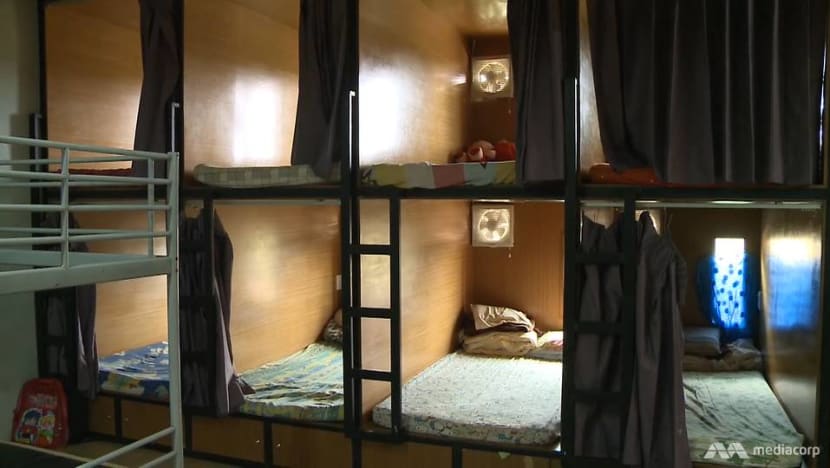
Each capsule has power points, a light for reading and a ventilation fan, which also helps to keep out mosquitoes.
“One of them came to us and said, ‘Wow, this is so exciting, but it looks a little bit like a mortuary.’ We were a bit taken aback,” he said, adding that most of the kids, however, were simply excited about the concept.
In the evenings, he would fetch them from school, get them prepared for dinner and help them with their homework.
On why he shares a room with the children, he explained that it “creates opportunities for building relationships”, where he can sit with a child and listen to his story.
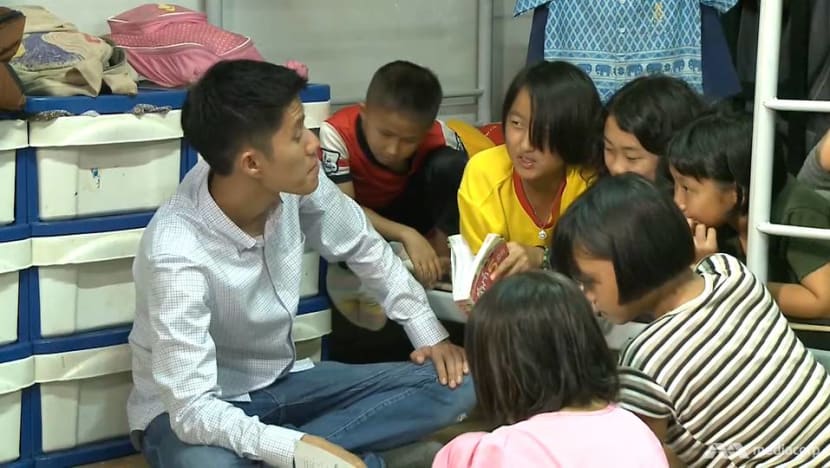
“Sometimes you have to intentionally create these moments. You have to put yourself out there,” he said. “Sometimes they won’t approach you, but you just have to make yourself available.”
The children call him “Phi (pronounced ‘p’) Daryl". “‘Phi’ in Thai means older or big brother, so it’s an affectionate term,” he said proudly.
PLAIN RICE AND SALT
When Mr Tay first arrived, however, he struggled with the language and the harsh environment. “Since I started working here, I’ve attended more funerals than birthday parties,” he said. “The crime rate is high. We see death every day.
“Last year, two children, not more than the age of six, drowned in the village river. These are the very real things that happen in the village, things you have to come to terms with.”
Poverty there, he felt, has created the most problems. Sometimes both parents must work in the fields, and since many struggle to put their children through school, the kids are often left to their own devices. Accidents and deaths then occur.
Moreover, among impoverished families, meals are not a certainty. Sometimes two meals a day are a luxury.
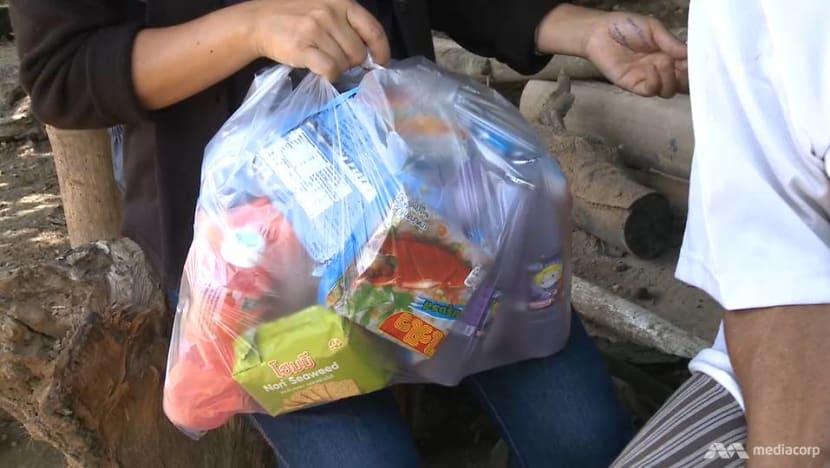
“A meal sometimes could just be plain rice and salt. And this is supposed to keep a family full for a few days,” said Mr Tay.
“When I see some of the living standards these families have here, it teaches me not to take food for granted.”
With limited choices, some of these families turn to drugs as a source of income, hence the rampant substance abuse.
To break the poverty cycle and give the children “a shot at a brighter future”, the organisation provides them with a second chance to go to school, from Primary One to Secondary Six.
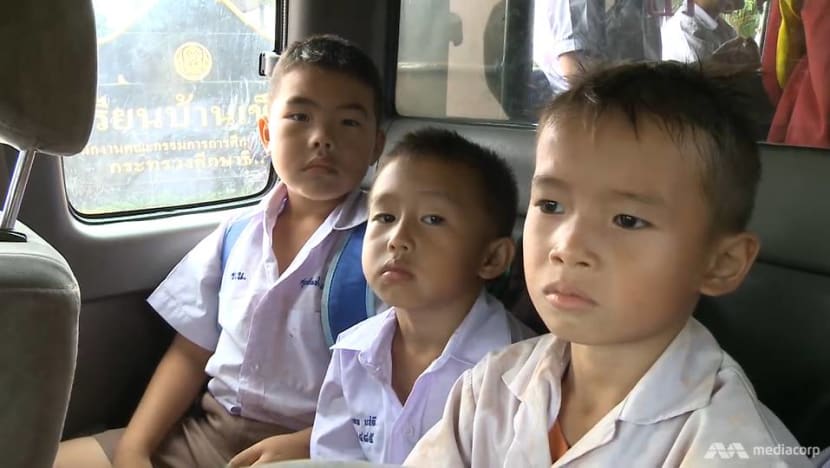
To help finance its operation, every child is tagged to an overseas sponsor, like his parents, who support the child’s school fees, medical bills and living expenses.
HOPE FOR THE CHILDREN
For Mr Tay, the most rewarding part of his work is in witnessing the transformation of his wards. Some of them arrived at the shelter discouraged, but after rehabilitation and education, many have started to believe in themselves.
Like nine-year-old Liza, who went to him with her results slip, proclaiming that she finally came first in her class.
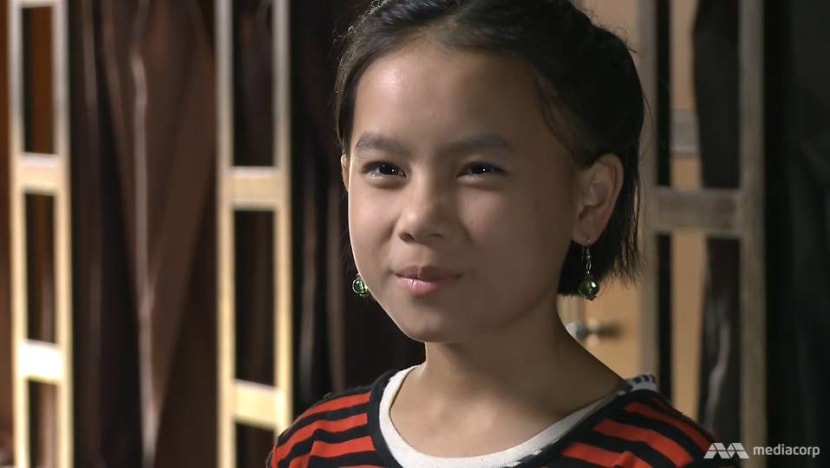
“I saw a very satisfied smile on her face. I’d never seen it before. That moment was very memorable to me because that was the moment she started to believe in herself again,” he beamed.
“When a child believes in herself, suddenly nothing is impossible for her. She’d start dreaming of crazy futures that she wouldn’t have dared to dream before. But that’s the beginning of a brighter future.”
And that is what the volunteers hope for all the children in their programme.
When Mr Ho asked what his motivation was, Mr Tay replied that it was children like Liza, who will “never know the love of a father and may never know the love of a mother”.
“It’s the desire to tell children like her that there’s someone out there who still loves them.”
Impressed by what this young man has contributed to the village, Mr Ho cooked him a Singaporean meal: Teochew-style braised duck, which Mr Tay thought was roasted duck.
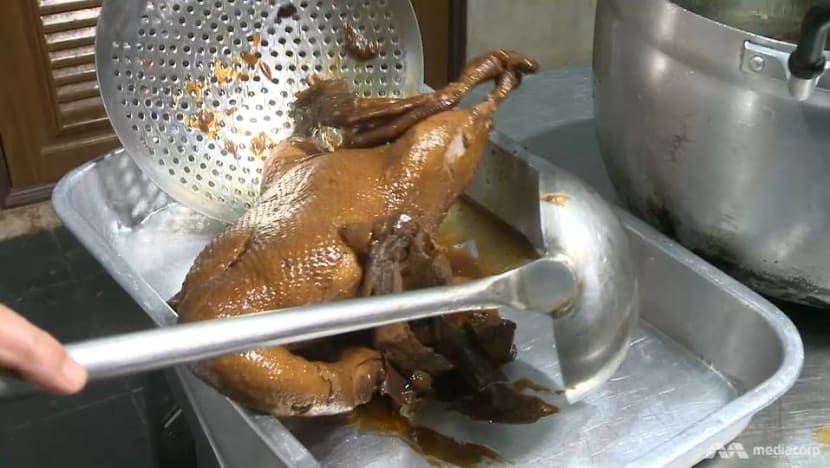
“He’s almost a Thai now … He doesn’t know his food any more,” said the chef, who told him with a laugh: “You’ve been away from Singapore for too long already.”
Indeed, Mr Tay experiences a culture shock whenever he returns home. The warm showers, his comfortable bed and even having burgers make him feel “foreign”, he said.
Having spent some of his best years helping the underprivileged in Thailand, he urged Singaporeans to have compassion for communities and people in need “because not all of them chose to be in these circumstances”.
“Their strength amidst their difficulties is something I really respect,” he said. “That’s the reason we choose to help them – not because we pity them, not because we’re better than them, but because they’re fellow human beings.”
Daryl Tay is one of four Singaporeans on a social mission abroad who feature in On The Red Dot. Watch this episode here. New episodes air on Mediacorp Channel 5 every Friday at 9.30pm.
